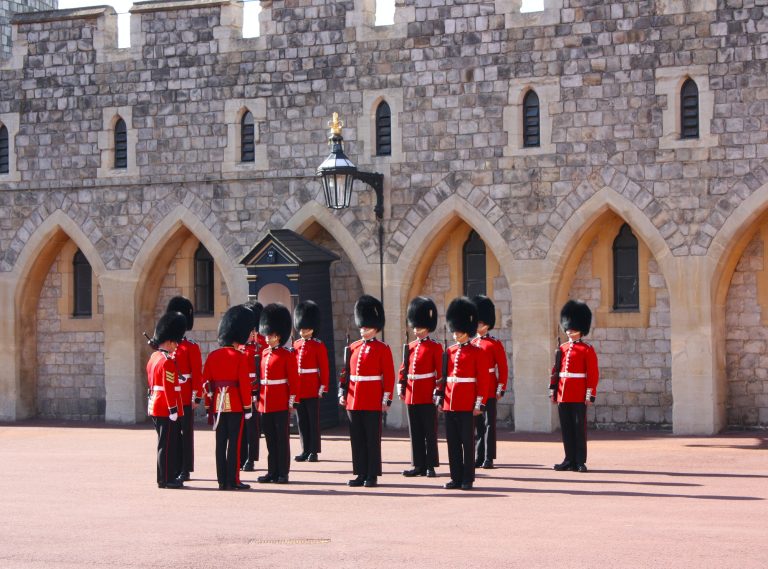The Emperor of the United States

“Who do men say that I, the Son of Man, am?” [Matthew 16:13]
Joshua Abraham Norton, or as he preferred to be called, His Imperial Majesty Norton I, proclaimed himself emperor of the United States and protector of Mexico in 1859. Although a pauper, he was fed in San Francisco’s best restaurants for free. Although a madman, he had all his state proclamations published in San Francisco’s newspapers. Though he was generally considered insane, or at least highly eccentric, the citizens of San Francisco (and the world at large) in the mid- to late-19th century celebrated his presence, his humor, and his deeds – among the most notorious being his “order” that the U.S. Congress be dissolved by force, and his decrees calling for a bridge to be built across San Francisco Bay.
Norton was born in England and spent most of his early life in South Africa. He came to San Francisco in 1849 after receiving a bequest of $40,000 from his father’s estate. He initially worked as a businessman but lost his money investing in Peruvian rice. He left San Francisco but later returned, apparently mentally disturbed, when he began to proclaim himself emperor of the United States. People were humored by his statements (although it is interesting that, years after his death, a bridge was built across the San Francisco Bay).
On January 21, 1867, an overzealous police officer arrested His Majesty Norton I for a mental disorder and thereby created a major civic uproar. The police chief apologized to Norton and ordered him released. Several scathing newspaper editorials followed the arrest. All police officers began to salute Norton when he passed them on the street. Norton I was so beloved that 30,000 people turned out for his funeral in 1880.
We smile at Norton’s visions of grandeur, but many other men throughout history have made bold claims. Virtually all major world religions can be traced to some founder or charismatic leader. But claims are meaningless unless they are true. Christ asked His disciples who people thought He was and then asked, “But who do you say that I am?” (Matthew 16:15). That is the critical question. I hope you answer like Peter, who said, “You are the Christ, the Son of the living God” (verse 16). If that statement comes deep from within your heart, it will probably not give you a free ticket into many restaurants, but it will guarantee you a place in God’s kingdom.






